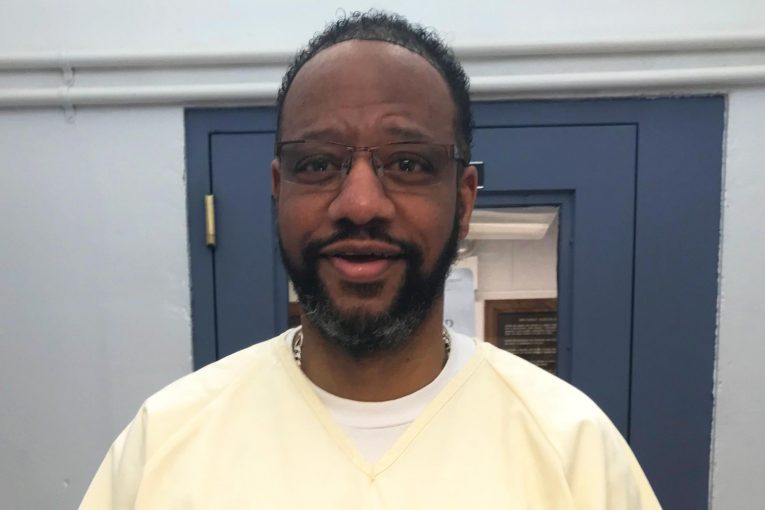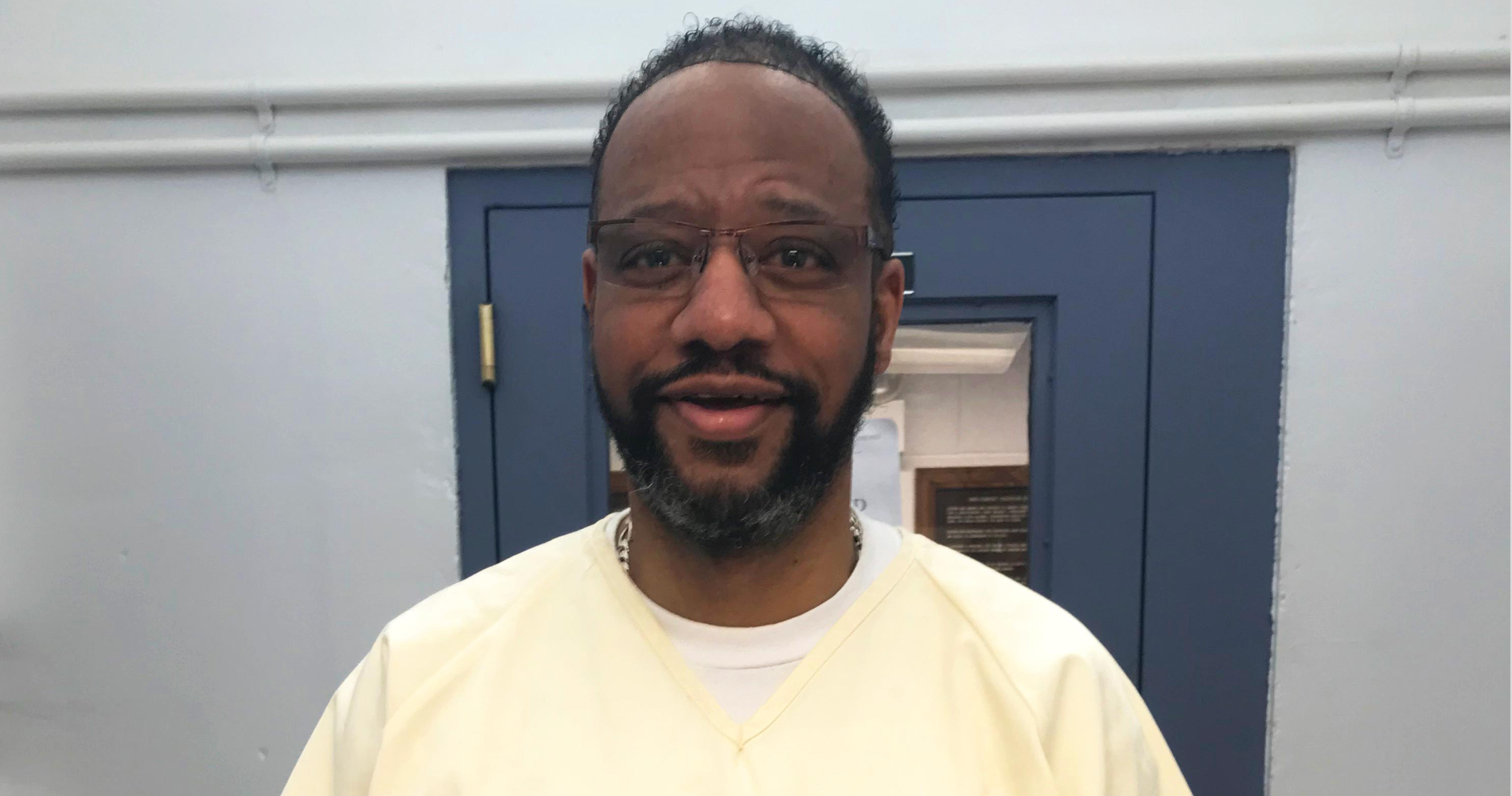
By Julia Asby
MEMPHIS, TN – Fair and Just Prosecution, an organization of elected prosecutors “committed to promoting a justice system grounded in fairness, equity, compassion, and fiscal responsibility,” asked the governor of Tennessee this week to stop the execution of Pervis Payne.
The organization, that has deep seated concerns with the use of the death penalty, especially its use on individuals with intellectual disabilities, asked Gov. Bill Lee to consider granting clemency and stopping the execution of Payne.
Fair and Just Prosecution cites historic problems with the death penalty unjustly affecting people of color, and those with intellectual disabilities who are unable to aid in their own defense.
Payne, they said, has an intellectual disability and has spent 32 years on death row in Tennessee.
Payne was convicted of the murder of his girlfriend’s neighbor and was sentenced to death. Payne grew up struggling to learn how to read, cook, and do tasks like laundry and testing has since proven that he has an intellectual disability. Due to this, he was unable to aid in his own defense or be a strong witness on his own behalf, the prosecutor groups notes.
Fair and Just Prosecution said it strongly requests Gov. Lee take this into consideration and recognize that the “unjust implementation of the death penalty in the case of Pervis Payne…would not advance public safety.”
Full Letter from Miriam Krinsky:
I am writing to you as the Executive Director of
Fair and Just Prosecution(FJP), an organization that brings together a network of elected prosecutors from around the country committed to promoting a justice system grounded in fairness, equity, compassion, and fiscal responsibility. I am writing to express deep-seated concerns our organization has with the death penalty, as set forth below, and, in particular, concerns with the use of this sanction in the context of individuals with intellectual disabilities. We know that these issues have come up in the context of your consideration of requests to commute the death sentence of Pervis Payne, a Black man currently facing execution on Tennessee’s death row.
Our nation has failed to address serious concerns around application and use of the death penalty and now
growing numbersof prosecutors and law enforcement leaders are standing together in urging a movement away from this sanction. Time and again, we have executed individuals with long histories of debilitating mental illness, childhoods marred by unspeakable physical and mental abuse, and trial lawyers so derelict in their duties and obligations that they never bothered to uncover long histories of illness and trauma. We have also likely executed the innocent.1 Studies tell us that the death penalty is unequally and arbitrarily applied, ineffective at improving public safety, and a huge drain of taxpayer resources.2
Race also plays a deeply unjust role in the application of the death penalty. Researchers have documented that defendants of color are disproportionately likely to be sentenced to die – this is particularly and uniquely true when the victim is white. People of color have accounted for a disproportionate 43% of executions in the United States since 1976, and 55% of defendants
currently awaiting execution are people of color. Strikingly, while 80% of all death penalty cases involve white victims, only one-half of all murder victims are white.
These problems with the administration of the death penalty are amplified in the context of individuals with intellectual disabilities. Individuals with intellectual disabilities may be more likely to confess to a crime they did not commit6 and they are less capable of collaborating with their attorneys to present a strong defense. Moreover, courts and juries may perceive their testimony to be less credible. In recognition of these dynamics, the United States Supreme Court in Atkins v. Virginia, 536 U.S. 304 (2002), found that executing intellectually disabled individuals is unconstitutional and in violation of the Eighth Amendment prohibition on cruel and unusual punishment. The Supreme Court also stressed that executing intellectually disabled people will not “measurably advance the deterrent or the retributive purpose of the death penalty.”
Prosecutors and law enforcement leaders across the country recognize that the death penalty does not advance public safety and can instead undermine vital community trust in law enforcement. In December of 2020, nearly 100 current and former elected prosecutors, Attorneys General, and law enforcement leaders, as well as former United States Attorneys and Department of Justice officials, brought their voicestogether in opposition to the application of the death penalty.10 They explained,
“Our tasks become increasingly difficult when people do not believe that the legal system is operating fairly. Public safety is inextricably tied to the community’s trust in the fairness and moral authority of our justice system. When people believe the state isexecuting a person, or applying the death penalty, unjustly – as do many in our nation who oppose the death penalty in increasing numbers – their trust in our system of government and law enforcement is undermined. Our jobs get harder, as do the jobs of others who seek to keep our communities safe.”
We hope you will take these views into account as you consider the pending clemency petition from Pervis Payne, an intellectually disabled Black man facing execution. Please let us know if we can be of any further assistance in regard to this case.
To sign up for our new newsletter – Everyday Injustice – https://tinyurl.com/yyultcf9
Support our work – to become a sustaining at $5 – $10- $25 per month hit the link:

-
The Vanguard Court Watch operates in Yolo, Sacramento and Sacramento Counties with a mission to monitor and report on court cases. Anyone interested in interning at the Courthouse or volunteering to monitor cases should contact the Vanguard at info(at)davisvanguard(dot)org - please email info(at)davisvanguard(dot)org if you find inaccuracies in this report.
View all posts
Categories:
Breaking News Civil Rights Sacramento Region Tags:
Death Penalty Fair and Just Prosecution Miriam Krinsky Pervis Payne


